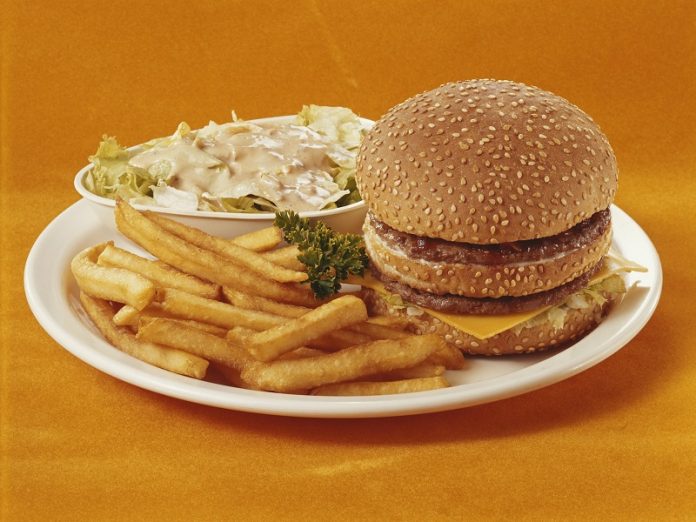
Have you ever wondered how your body transforms the food you eat into the energy that keeps you going throughout the day?
It’s a complex process known as the metabolic pathway, and it’s essential for your overall well-being.
But here’s something intriguing: recent research has unveiled a surprising twist in this metabolic tale.
Scientists have discovered that consuming excessive salt can actually slow down specific parts of this intricate pathway, while simultaneously causing your kidneys to work harder and consume more energy.
This unexpected revelation shares intriguing parallels with the behavior of cancer tumors.
The Salt Dilemma and Your Health
We’ve long known that overindulging in salt can elevate blood pressure, potentially leading to various health issues. Some individuals are particularly susceptible to the effects of salt, a condition referred to as being “salt-sensitive.”
The functionality of our kidneys plays a pivotal role in how our bodies respond to salt, affecting blood pressure regulation.
The focus of this study was to investigate precisely how a high-salt diet impacts the energy utilization and food breakdown processes within kidney cells.
Unveiling the Study Method
Researchers conducted their investigation using rats that exhibited typical responses to salt. They closely examined the kidney cells of these rats to observe their reactions when exposed to a high-salt diet.
This rigorous analysis involved scrutinizing over 20,000 genes and 5,000 metabolites, which are the various substances, including carbohydrates, fats, and amino acids, that the body utilizes to produce energy.
The Astonishing Outcomes
The outcomes of the study astonished the researchers. They found that a high-salt diet induced significant changes in numerous aspects of the rats’ metabolites.
These changes were essentially the kidneys’ way of coping with the heightened demand for energy.
Dr. Allen Cowley, the senior researcher overseeing the study, expressed his surprise, stating, “We didn’t expect to find a high salt diet would trigger such a response in normal kidneys.”
The Path Forward: Seeking Answers
The next step for the researchers is to delve deeper into understanding why these changes occur. They aim to unravel the mysteries behind the alterations in energy consumption by the kidneys when exposed to a high-salt diet.
Additionally, they plan to conduct further studies to determine if these changes are more pronounced in individuals who are salt-sensitive.
Another avenue of exploration is whether these changes might provide insight into why chronic kidney disease is prevalent among salt-sensitive individuals.
These are just a few of the theories that researchers intend to explore as they continue to investigate the intriguing relationship between salt, kidneys, and energy metabolism.
The Impact of Salt on Our Health
This study underscores the significant impact that salt can have on our health, shedding light on the intricate interplay between salt consumption, kidney function, and energy metabolism.
As we gain a better understanding of these mechanisms, we move closer to finding improved strategies for maintaining our health and well-being.
If you’re interested in nutrition, it’s worth noting that recent studies suggest that vitamin D may help reduce inflammation, and vitamin K could potentially lower the risk of heart disease by a third.
For further insights into nutrition, consider exploring recent research on foods that may sharpen your cognitive abilities.
Additionally, there are findings suggesting that certain cooking methods may increase the risk of vision impairment.
This groundbreaking study has been published in the journal Function, marking a significant milestone in our quest to comprehend the intricate relationship between salt, kidneys, and energy metabolism.
If you care about kidney health, please read studies about how to protect your kidneys from diabetes, and drinking coffee could help reduce risk of kidney injury.
For more information about kidney health, please see recent studies about foods that may prevent recurrence of kidney stones, and eating nuts linked to lower risk of chronic kidney disease and death.
Follow us on Twitter for more articles about this topic.
Copyright © 2023 Knowridge Science Report. All rights reserved.



